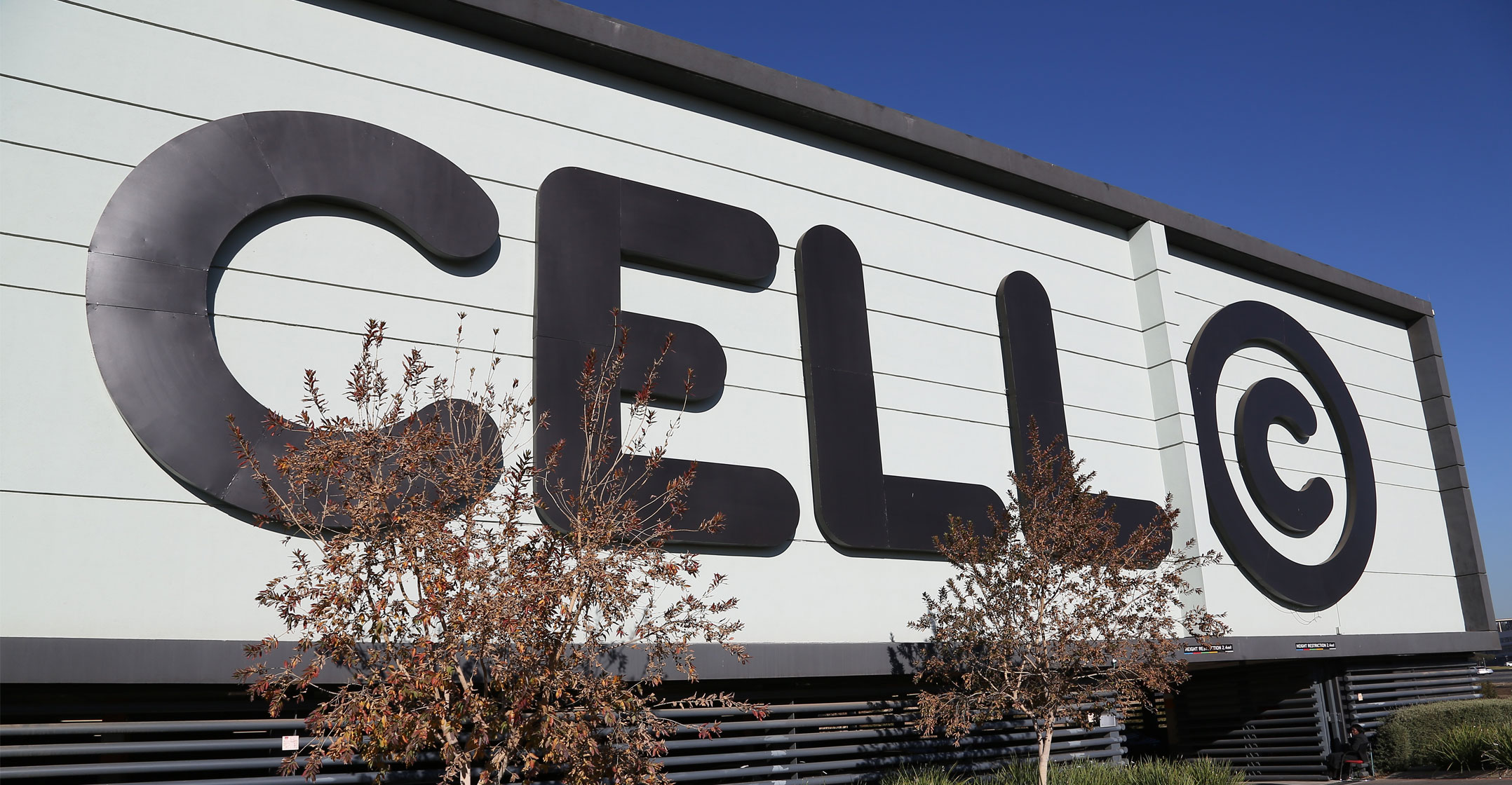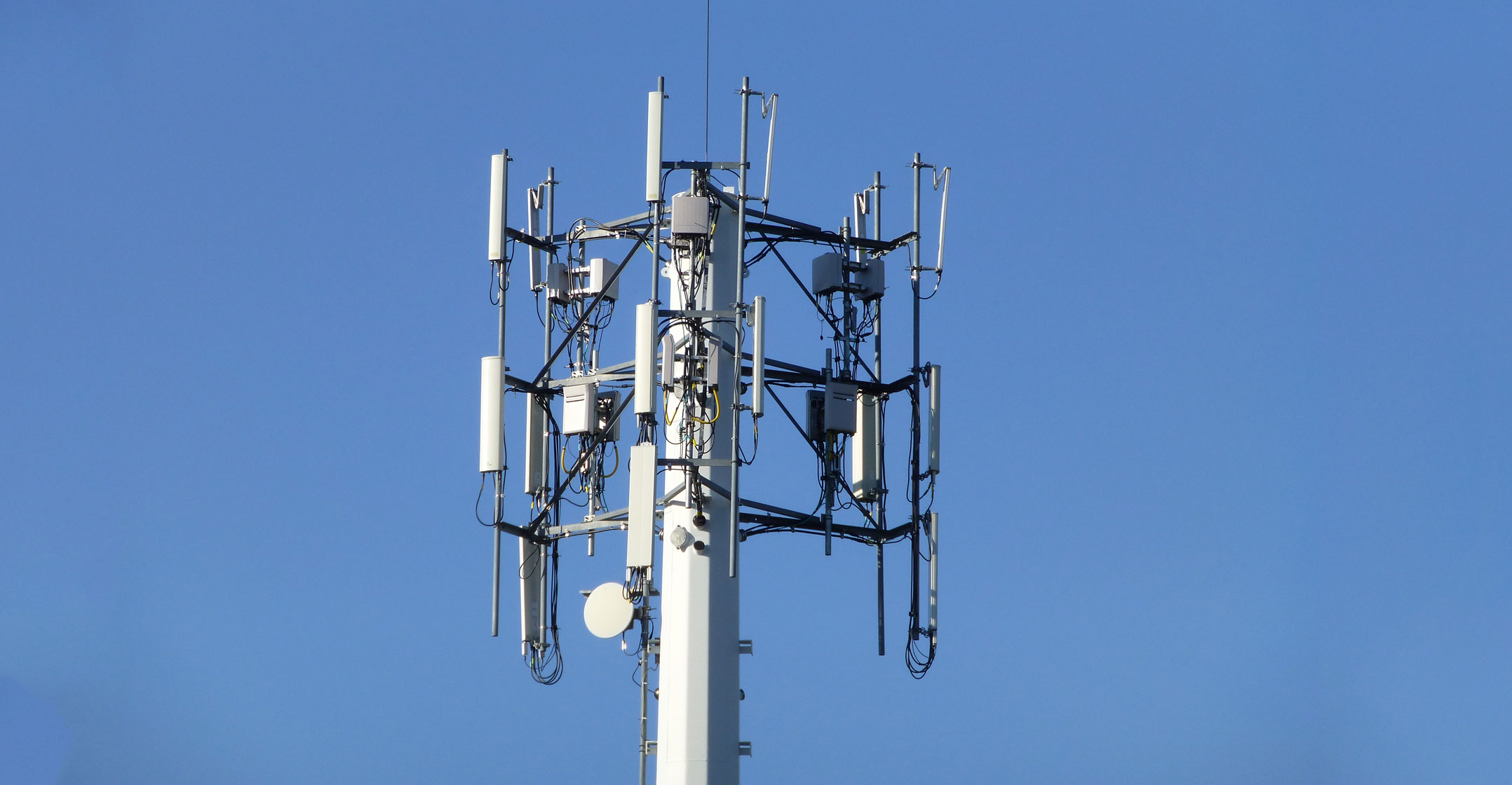 Cell C’s largest shareholder, JSE-listed Blue Label Telecoms, will delay publication of its full-year financial results until late September to deal with various issues related to the mobile operator’s recapitalisation and restructuring.
Cell C’s largest shareholder, JSE-listed Blue Label Telecoms, will delay publication of its full-year financial results until late September to deal with various issues related to the mobile operator’s recapitalisation and restructuring.
Blue Label, which had been expected to publish its results in late August, will now only do so on 26 September.
“Blue Label’s audit for the year ended 31 May 2019 is substantially complete. However, the group is currently in the process of determining the valuation of its investment in Cell C, incorporating the effects of the transactions that are currently in progress,” the company said in a statement to shareholders on Monday afternoon.
“The outcome will have an impact on the carrying value of the investment, the assessment of the remaining fair values of (Blue Label investment vehicles) SPV1 and SPV2 (as detailed in the trading statement published on the stock exchange news service on 22 February 2019) as well as the recoverability of the existing deferred tax asset within Cell C,” it said.
“An extensive process is currently being undertaken by Cell C management in order to perform an assessment of the extent of the impact that the above transactions will have on Cell C’s financial statements, which are currently being finalised.”
In February, Blue Label said the Buffet Consortium, which is led by reclusive billionaire property mogul and businessman Jonathan Beare, planned to buy a minority shareholding in Cell C that would bolster the mobile operator’s balance sheet.
‘Binding term sheet’
Blue Label concluded a “binding term sheet” with the consortium in terms of which it would become a minority shareholder, pending certain conditions being fulfilled. Discussions toward the implementation of the deal are ongoing, but are proceeding well, both Cell C and Blue Label have said.
In an interview with TechCentral last month, Cell C CEO Douglas Craigie Stevenson said the pending further recapitalisation of the company and a clean-up and restructuring of the business was the last chance for the financially troubled company to fix itself and get onto a solid competitive footing.
“We don’t have another chance to do this again. We have to do this right,” Craigie Stevenson said.

In an open letter to Cell C stakeholders published last month, Craigie Stevenson wrote that the company had appointed the law firm Bowmans to investigate “any parts of the business where we suspect that there may be irregular business practices and have also hired PwC to do a full procurement audit and review of our processes”. It also appointed Deloitte as independent financial restructuring advisors to assist in “optimising business processes”. The company “continues to face real challenges” and is in “active discussions” with stakeholders “with a view to achieving a secure financial position”, he said.
Read: What’s need to save Cell C
It implemented “significant austerity measures” and cut costs that did not contribute to revenue-generating activities, “including a review of all contracts to ensure alignment with business priorities and a hiring freeze”.
Craigie Stevenson said Cell C needed to be “rightsized” and “optimised”. “We want to think about the business differently,” he added. Though a hiring freeze is now in force, this rightsizing will not entail a jobs bloodbath, but staff will need to be trained in new areas. “We want to grow the business. This is not about job losses. There will be different jobs, but not job losses.”
The recapitalisation of the company was his top priority, he said. “Post the recapitalisation, you want a business that is ready to grow. This is a very capital- and cost-intensive business. We are now being forced, by virtue of our capital structure, to make the right decisions.”
Earlier this month, Cell C said it was broadening its roaming agreement with MTN South Africa. This would be “mutually beneficial to both parties”, it said. “Under the terms of the agreement, Cell C will be able to manage its network capacity requirements in a more scalable and cost-efficient manner.”
Craigie Stevenson said a term sheet with MTN would lay the “groundwork for a broader national roaming agreement, supporting the policy goals of avoiding network duplication and the burden on the environment, where shared infrastructure drives efficiencies in the delivery of services to consumers”.
Balance sheet ‘bolstered’
“With Buffet (Consortium) support, the Cell C balance sheet will be bolstered and ensure Cell C’s sustainable growth for the future,” Blue Label said in a statement to shareholders in February.
At the time, Blue Label said that as part of the restructuring of Cell C’s debt to third-party lenders, its subsidiary, The Prepaid Company, was obligated to purchase bond notes issued by a special purpose vehicle (SPV1) with a capital redemption value of US$21-million at a coupon rate of 8.625% per annum for a purchase consideration of $9-million and to provide liquidity support to a second special purpose vehicle (SPV2) of up to $80-million in the form of subordinated funding.
Oger Telecom, Cell C’s former controlling shareholder, contributed $36-million of the $80-million, thus confining The Prepaid Company’s obligation in this regard to a maximum of $44-million.
 “SPV1 and SPV2 own 11.8% and 16% of the shares issued by Cell C respectively. No other assets are held by these entities, and as such the group’s bond note and liquidity support arrangements will be settled only once the value of Cell C’s shares are realised by both SPV1 and SPV2,” Blue Label said then. “Blue Label has a revisionary pledge amounting to 5% of the shares issued by Cell C relating to the group’s exposure in SPV2.
“SPV1 and SPV2 own 11.8% and 16% of the shares issued by Cell C respectively. No other assets are held by these entities, and as such the group’s bond note and liquidity support arrangements will be settled only once the value of Cell C’s shares are realised by both SPV1 and SPV2,” Blue Label said then. “Blue Label has a revisionary pledge amounting to 5% of the shares issued by Cell C relating to the group’s exposure in SPV2.
“The derivatives were initially required to be recognised at fair value and thereafter to be measured at fair value through profit or loss. Although the valuation of Cell C as at 30 November 2018 of R13.4-billion was adequate to support the carrying value of the investment therein, it was not adequate enough to support the recoverability of The Prepaid Company’s exposure to SPV1 and SPV2. As a result, a fair value downward adjustment totalling R493-million, of which R47-million related to SPV1 and R446-million to SPV2, impacted negatively on core headline earnings. The remaining values of these derivatives are R121-million for SPV1 and R102-million to SPV2.”
Unsurprisingly, Blue Label said on Monday that it expects basic, headline and core headline earnings per share for the full year will decrease by more than 20% compared to the 2018 numbers. It said a more detailed trading statement will be issued “as soon as there is a reasonable degree of certainty as to the likely range within which the company’s basic, headline and core headline earnings per share which are expected to decrease”. — © 2019 NewsCentral Media




